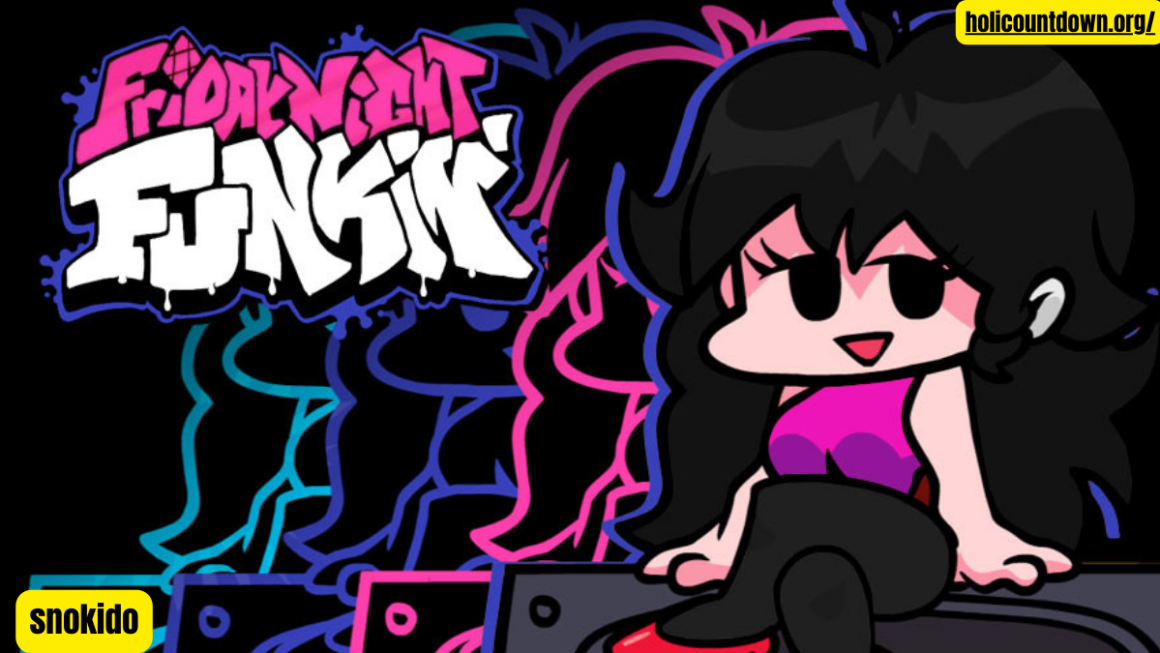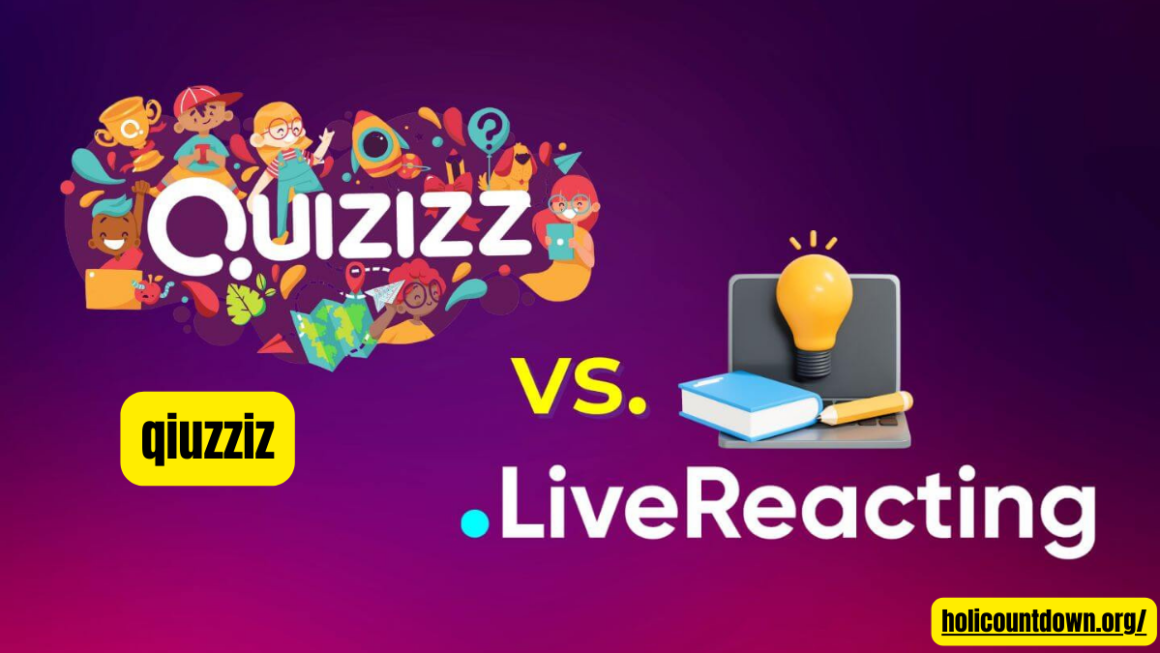When you first hear the phrase “silly wankok,” it might sound like an inside joke, a meme, or even an accidental typo. But delve a little deeper, and you’ll realize that this quirky term has carved out its unique place in the cultural lexicon. Whether being used humorously in social media posts, appearing in niche online forums, or sparking debates about its true origin, “silly wankok” is more than just a random phrase—it’s a phenomenon worth exploring.
In this article, we’ll unravel the mysteries of “silly wankok,” breaking down its possible meanings, cultural significance, and the reasons behind its growing popularity. Buckle up, because things are about to get silly (and a little wankok).
1. What Does “Silly Wankok” Mean, and Where Did It Come From?
The exact origin of “silly wankok” is shrouded in mystery. For some, it’s a nonsensical phrase that doesn’t seem to mean anything specific. For others, it’s a term loaded with potential interpretations, humor, and intrigue.
One theory suggests that “silly wankok” originated as a playful combination of words meant to evoke laughter. The term “silly” is self-explanatory—denoting humor, lightheartedness, or something absurd. “Wankok,” on the other hand, feels more ambiguous. Some believe it could be a deliberate misspelling or play on words, while others think it might have roots in a fictional character, a location, or even a linguistic error.
The phrase gained traction online through memes, tweets, and humorous videos. It’s often used in contexts where absurdity is the point—like describing a ridiculous situation or poking fun at oneself. Despite its seemingly random nature, “silly wankok” has managed to resonate with audiences because of its sheer absurdity.
2. The Humor Behind “Silly Wankok”

Humor is subjective, and “silly wankok” is a testament to that fact. Its charm lies in its randomness, which taps into the modern internet culture’s love for absurd humor.
In a world where memes dominate conversations, phrases like “silly wankok” thrive because they don’t need a concrete meaning. They’re funny because they’re unexpected. Imagine someone tripping over their own feet and exclaiming, “Oh, silly wankok!” It’s the kind of humor that doesn’t take itself too seriously, and that’s what makes it relatable.
Additionally, the term’s phonetic structure—its playful sound when spoken aloud—adds to its comedic effect. Words with hard consonants, like “k” in “wankok,” often come across as funnier due to their sharpness and emphasis. This is a linguistic trick that comedians and writers have been leveraging for years, and “silly wankok” fits right into that mold.
3. How “Silly Wankok” Became a Meme
The rise of “silly wankok” as an internet meme wasn’t overnight, but it was inevitable. In today’s digital age, anything quirky, strange, or funny has the potential to go viral—and “silly wankok” was no exception.
It started appearing in meme templates where people replaced well-known punchlines with “silly wankok.” For instance, a popular meme might feature an image of a cat making a goofy face with the caption, “When you’re trying to act normal but your inner silly wankok comes out.” The randomness of the phrase gave it universal appeal, making it adaptable to countless situations.
TikTok, Twitter, and Reddit played a significant role in its propagation. Creators used “silly wankok” in short skits, ironic posts, and even as hashtags. Before long, the phrase became a way for people to express their inner goofiness. It’s not just a word; it’s a vibe.
4. The Psychology of Why We Love Absurd Phrases
The popularity of “silly wankok” can be explained through the lens of psychology. Humans are naturally drawn to things that break the monotony of everyday life, and absurd phrases like this do just that.
Firstly, the unexpected nature of the phrase triggers a cognitive response known as incongruity resolution. This occurs when something doesn’t align with our expectations, causing us to pause, think, and often laugh. “Silly wankok” is so bizarre that it catches people off guard, making it inherently funny.
Secondly, absurdity allows people to momentarily escape from the seriousness of life. In a world filled with deadlines, responsibilities, and stresses, a phrase like “silly wankok” offers a brief moment of levity. It’s a reminder that it’s okay to be silly and embrace the nonsensical.
5. Cultural Significance: Is “Silly Wankok” More Than Just a Joke?
While it’s easy to dismiss “silly wankok” as nothing more than a joke, it does hold cultural significance in its own right.
In many ways, the phrase is a reflection of modern communication. We live in an era where memes, GIFs, and viral phrases shape the way we interact. “Silly wankok” fits into this ecosystem perfectly, acting as a shorthand for humor and self-expression.
Moreover, the phrase represents the democratization of language. Unlike traditional slang, which often emerges from specific subcultures, “silly wankok” is a product of the internet—a global platform where anyone can contribute to cultural trends. Its rise highlights how language evolves in the digital age, with new words and phrases constantly being invented, shared, and adapted.
6. Practical Uses of “Silly Wankok” in Everyday Life
You might be wondering: how can I incorporate “silly wankok” into my daily vocabulary? The good news is that it’s incredibly versatile.
- Self-Deprecation: Use it to poke fun at yourself. For example, if you make a silly mistake, you can say, “Oops, my inner silly wankok strikes again!”
- Describing Chaos: If you’re in a situation that feels absurd or out of control, you can describe it as a “silly wankok moment.”
- Breaking the Ice: The phrase is a great conversation starter. Throw it into a casual chat, and you’re guaranteed to get a laugh (or at least a puzzled look).
7. The Future of “Silly Wankok”: Here to Stay or Gone Tomorrow?
Like many internet trends, the lifespan of “silly wankok” is uncertain. It could fade away as quickly as it rose to fame, or it could evolve into something even bigger.
What’s clear, however, is that phrases like this will continue to emerge. As long as people find joy in absurdity and randomness, there will always be a place for quirky terms like “silly wankok.”
In the end, its lasting impact depends on how people continue to use and adapt it. Will it become a permanent part of internet culture, or will it remain a fleeting trend? Only time will tell.
Conclusion: Embracing the Absurdity of “Silly Wankok”
“Silly wankok” is more than just a random phrase—it’s a cultural phenomenon that encapsulates the humor, creativity, and absurdity of modern internet culture. It’s a reminder that sometimes, it’s okay to be silly and embrace the nonsensical.



